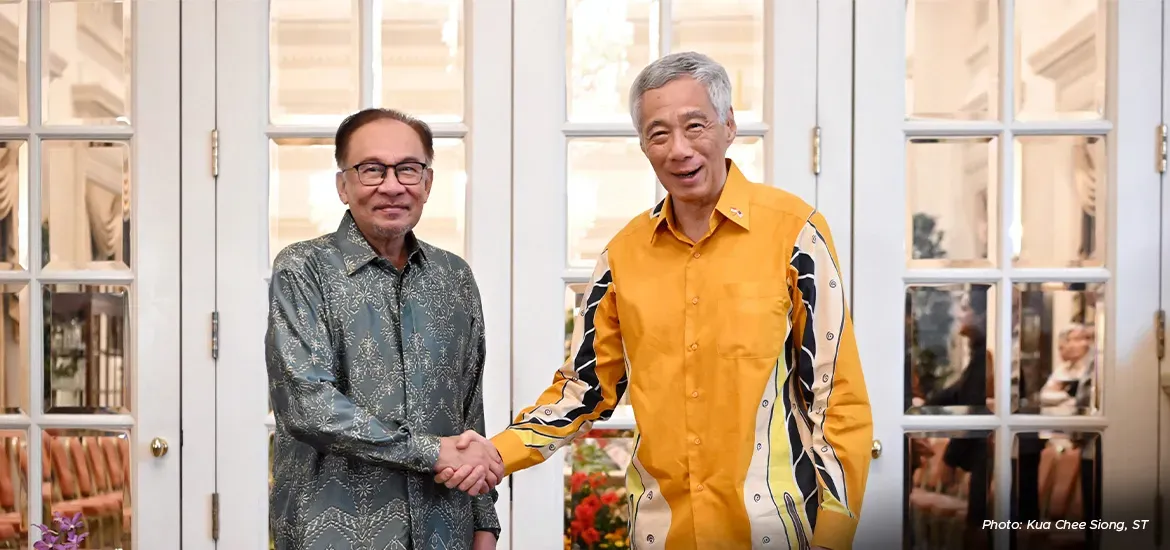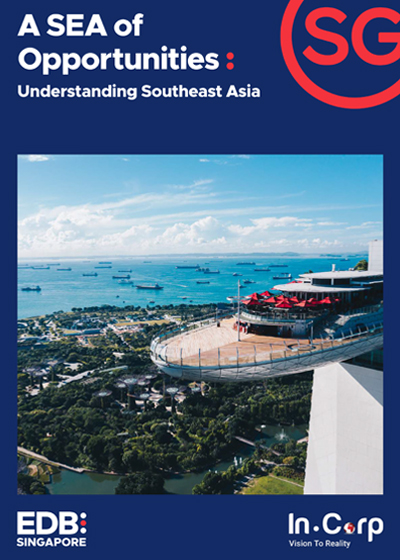Singapore and Malaysia aim to sign a memorandum of understanding (MOU) for the Johor-Singapore Special Economic Zone (SEZ) next January, leaders of both countries said at an annual retreat on Monday (30 Oct 2023).
Responding to reporters at a joint press conference, Singapore Prime Minister Lee Hsien Loong said there is an ongoing feasibility study to determine investor interest and market demand.
Discussions on the SEZ have been extensive, said Malaysian Prime Minister Anwar Ibrahim, adding: “We’ll try our very best to accelerate the process – we’ve given a very short timeline to get them to agree on the perimeters and sign the MOU by January 11.”
PM Lee said the SEZ should improve cross-border goods flows, which may mean special tax arrangements and bonded warehouses; and the flow of people who work on both sides, with SEZ investor companies also “able to get personnel they need”.
The SEZ should also enhance the ecosystem of the Iskandar development region, he added. In a joint statement later on Monday, the leaders welcomed the progress made by the work groups of the Joint Ministerial Committee for Iskandar Malaysia, ranging from industrial cooperation to transportation links.
Singapore is Iskandar Malaysia’s second-largest foreign investor, with S$9.5 billion or RM33 billion worth committed between 2006 and June 2023.








